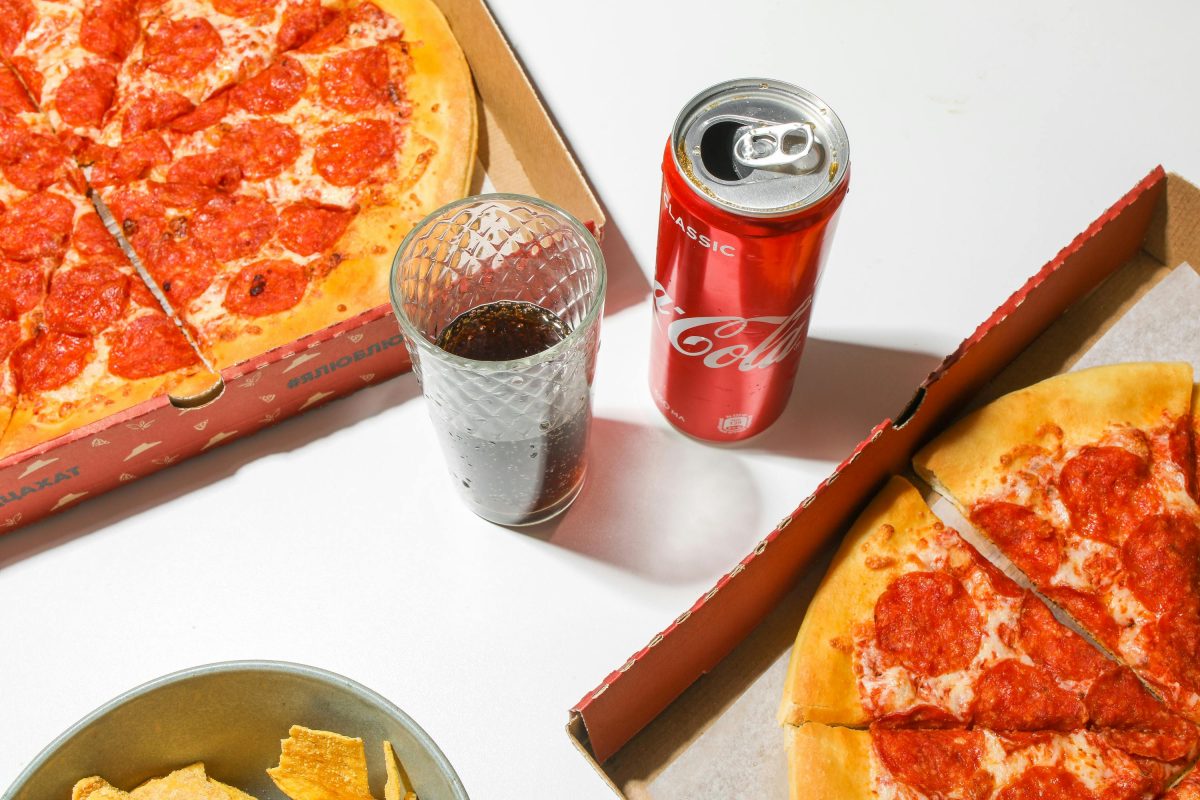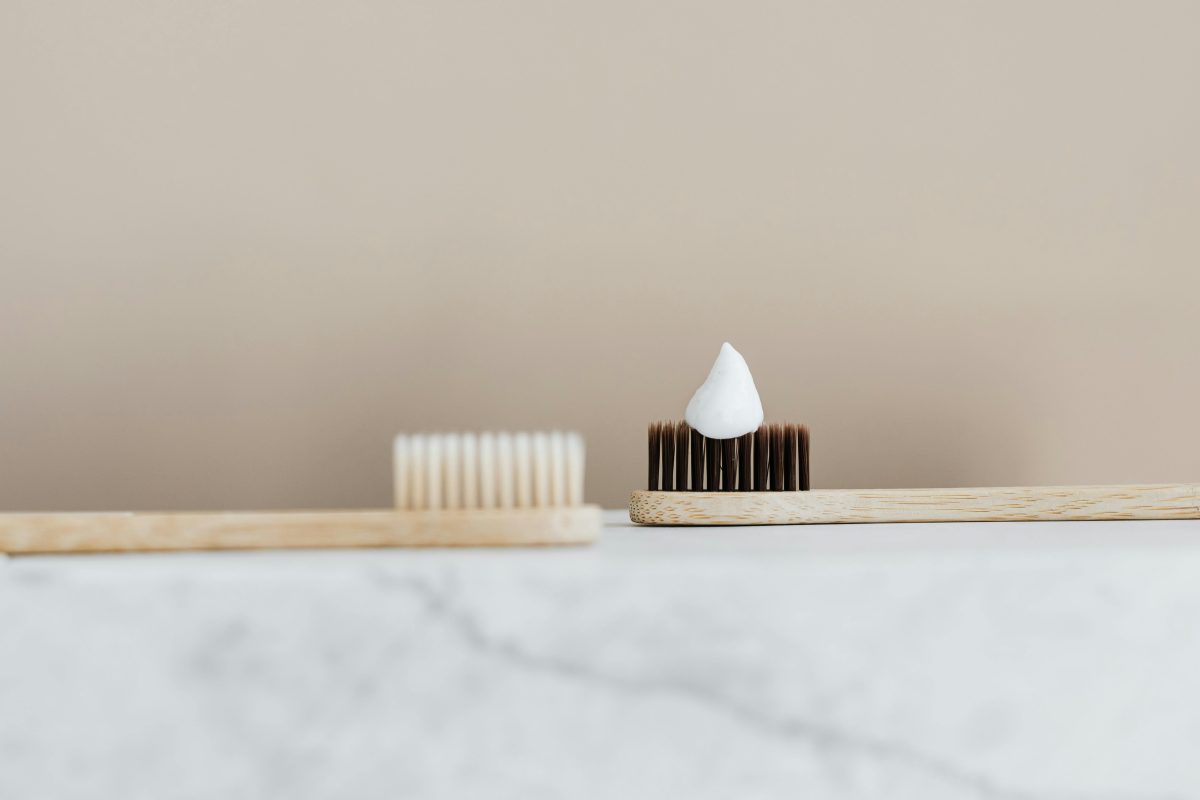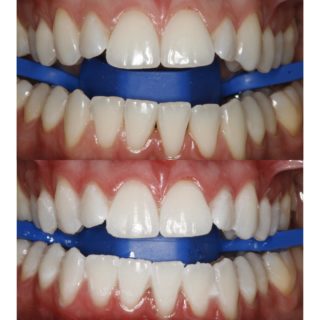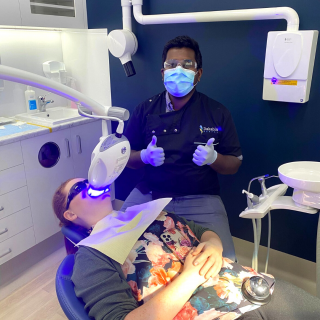Maintaining optimal dental health is a cornerstone of overall well-being. While regular brushing, flossing, and dental check-ups play crucial roles in preserving healthy teeth, paying attention to dietary habits is equally vital. The impact of Acidic drinks and foods can be detrimental to your dental health.
Acidic foods and beverages, although often enjoyed for their taste, can negatively affect dental health if consumed excessively. In this blog post, we will delve into the impact of acidic drinks and foods on teeth and offer insights into maintaining a healthy balance.
The Science Behind Acid Erosion
Acid erosion, also known as dental erosion, occurs when the enamel – the protective outer layer of the teeth – is gradually worn down by acids found in certain foods and beverages.
Although enamel is one of the hardest substances in the human body, it can be vulnerable to acids, leading to decay and sensitivity over time. Acidic substances weaken the enamel, making it more susceptible to damage from brushing and other abrasive actions.
Common Acidic Foods and Beverages
It’s essential to be aware of the acidity levels in various foods and beverages to make informed choices for dental health. Some common examples of acidic items include:
1. Citrus fruits and juices, such as oranges, lemons, and grapefruits
2. Carbonated drinks, including sodas and energy drinks
3. Vinegar-based dressings and pickled foods
4. Wine, both red and white
5. Certain types of tea, especially fruit-flavoured or herbal varieties
6. Tomatoes and tomato-based products, such as sauces and ketchup
While consuming these items in moderation may not pose significant risks, excessive intake can contribute to enamel erosion and other dental issues over time.
Effects of Acidic Foods and Beverages on Teeth
The acidic nature of certain foods and beverages can lead to several adverse effects on dental health, including:
1. Enamel Erosion:
Acidic substances gradually wear down the protective enamel layer of the teeth, increasing the risk of cavities, sensitivity, and other dental problems.
2. Tooth Sensitivity:
As the enamel erodes, the underlying dentin becomes more exposed, leading to increased tooth sensitivity to hot, cold, sweet, or acidic stimuli.
3. Tooth Discoloration:
Acidic foods and beverages can contribute to staining and discolouration of the teeth, diminishing their aesthetic appeal.
4. Increased Risk of Cavities:
Enamel erosion weakens the teeth, making them more susceptible to decay and cavities.
Tips for Minimising Acidic Damage
While completely avoiding acidic foods and beverages may not be realistic or necessary, there are several strategies to minimise their impact on dental health:
1. Limit Consumption:
Moderation is key when it comes to acidic foods and beverages. Enjoy them occasionally rather than making them a regular part of your diet.
2. Use a Straw:
When drinking acidic beverages, using a straw can help minimise direct contact with the teeth, reducing the risk of enamel erosion.
3. Rinse with Water:
After consuming acidic foods or beverages, rinse your mouth with water to help neutralise acids and wash away residue.
4. Wait to Brush:
Avoid brushing your teeth immediately after consuming acidic items, as the softened enamel may be more susceptible to damage. Instead, wait at least 30 minutes before brushing.
Maintain Healthy Dental Habits
Maintaining a balanced diet is essential for overall health, including dental health. While acidic foods and beverages can be enjoyed in moderation, excessive consumption can contribute to enamel erosion, tooth sensitivity, and other dental issues.
By being mindful of acidity levels and adopting healthy dental habits, you can help protect your teeth and preserve your smile for years to come. If you have any concerns about your dental health or dietary habits, don’t hesitate to consult with Dakabin Dental for personalised guidance and advice. Due for a check up? Book an appointment with us today!














